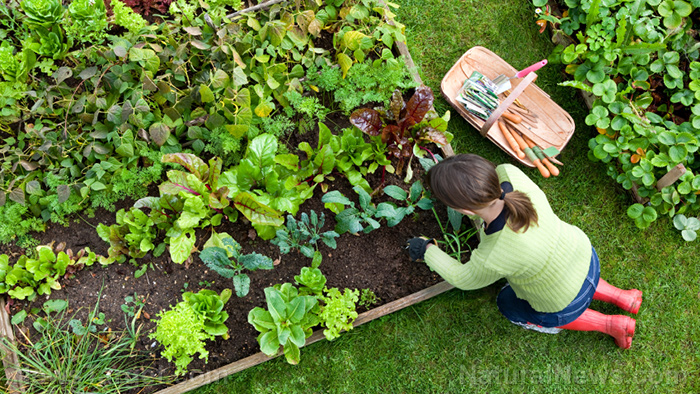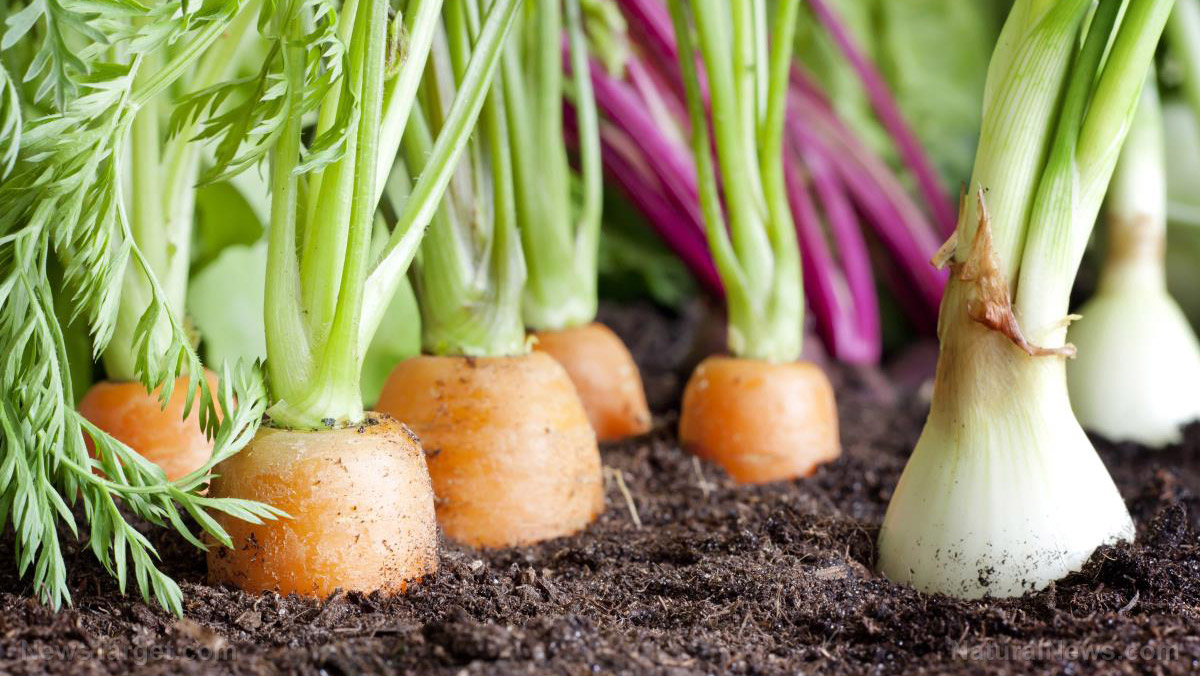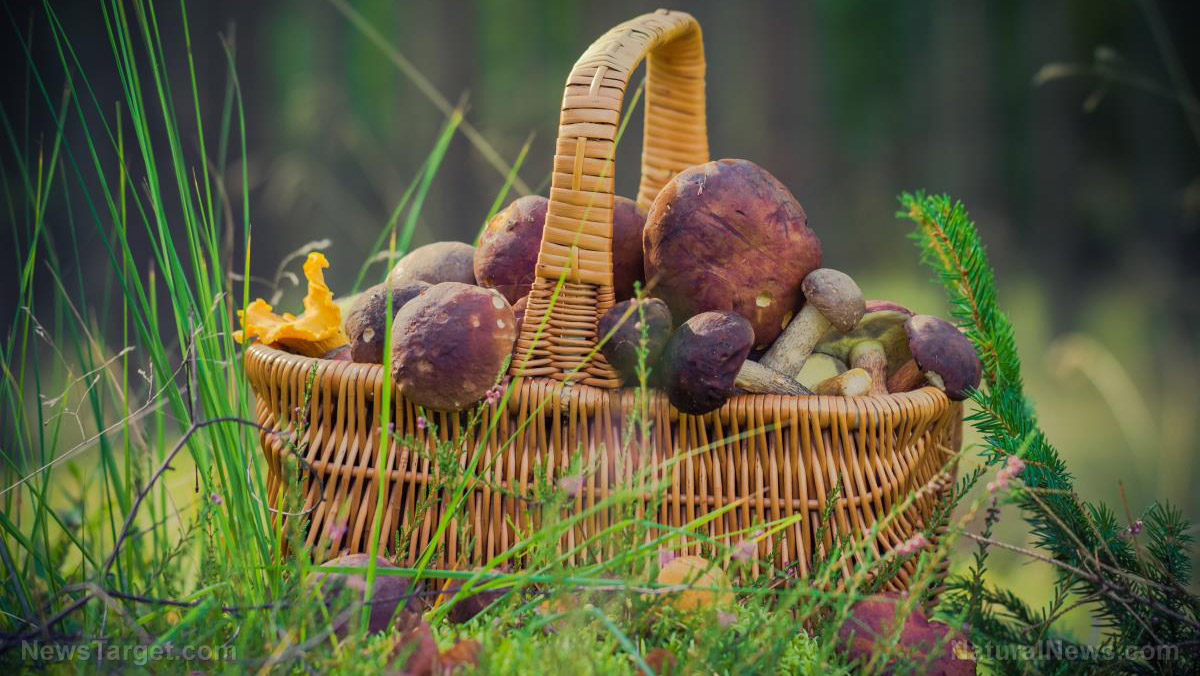
Advertisement
Organic fruits and vegetables contain higher levels of essential nutrients and potent plant compounds than their commercial counterparts.
It’s also a well-known fact that organic foods contain little to no chemicals from pesticides and artificial fertilizers and soil mixes.
But there’s a small catch to these advantages. Organic foods are often sold at higher prices than non-organic ones. This can be a problem in the long run for people who can’t afford indulgences like pricier organic produce.
That said, it doesn’t have to be an either-or situation when it comes to nutrition and budget. It’s quite possible to maximize both with organic gardening.
What is organic gardening?
Organic gardening emphasizes ethical and sustainable practices when it comes to growing food. These practices range from composting to creating plant-based insecticides to deter pests.
All in all, organic gardening requires great effort on the part of the individual to choose natural techniques that nourish the soil and, in doing so, give back to the environment.
In comparison, traditional or conventional gardening does not follow these practices to the letter. Some home gardeners might still use store-bought fertilizers or artificial soil mixes that can be harmful to their health and to the environment.
The health benefits of organic gardening
Organic gardening gets a lot of flack from groups and corporations that profit from petroleum-based pesticides, patented seeds, modified foods and chemical fertilizers.
But despite the misconceptions and arguments against organic gardening, it still reigns supreme with regards to proper diet and nutrition.
Here are some of the health benefits associated with organic gardening:
- Reduced risk of chronic diseases – Multiple studies have linked chemical pesticides, herbicides and fertilizers to cancer, neurological disorders, birth defects and reproductive issues.
- Higher vitamin D levels – It takes about 20 minutes of sun exposure to achieve optimal vitamin D levels. Vitamin D is an essential nutrient that strengthens immune functions against harmful bacteria and viruses.
- Enhanced fitness – Gardening might be tedious work, but there’s a bright side to this. Repetitive garden tasks like digging, weeding and watering are as good as exercise. Over time, these tasks can help improve fitness for better overall health.
- Lower stress levels – Chronic stress is linked to health complications like sudden weight gain and poor immune functions. Spending time outdoors in fresh air and sunshine can help reduce stress levels. The repetitive nature of garden tasks can also help ease stress and relieve tension.
- Better mental health – Studies have found that certain beneficial bacteria in rich, fertile soil act as natural antidepressants. As such, these bacteria help improve mood and boost overall mental health.
The environmental benefits of organic gardening
Organic gardening also offers a number of environmental benefits. Here are some of them:
- Affordable and sustainable food – Having clean, nutritious foods on hand eliminates the need to purchase fresh produce at the supermarket. You can also re-grow vegetable scraps for another batch of harvest, thus reducing food waste.
- Clean water – Chemicals in pesticides and fertilizers can leech into the soil, polluting both the soil and the valuable groundwater underneath. Using organic fertilizers eliminates this risk and keeps groundwater safe from potential pollution.
- Thriving pollinator populations – Chemical pesticides can also kill beneficial insects like pollinators. Avoiding these products can help pollinator populations thrive for the benefit of plants in the garden.
- Fertile soil – Instead of chucking food scraps and other biodegradable materials into the trash bin, turn them into organic fertilizer for plants. This helps enrich the soil and protect it from the harmful chemicals in store-bought fertilizer.
Organic gardening offers unique benefits for both the individual and the environment. Start an organic garden for a clean and sustainable source of fresh produce.
Sources:
Advertisements







